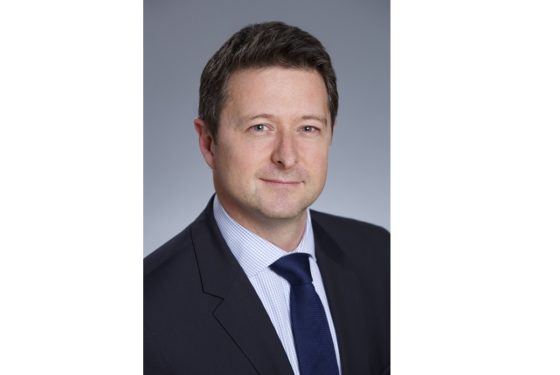Asset manager Fidelity has been invoking the Amazon watchword of “customer obsession” as it continues a shift to a more omnichannel, journey-led approach during the pandemic.
Covid struck just as Fidelity launched a new TV ad, called ‘Make Your ‘One Day’ Happen” – referring to the cherished dreams that people say they will do “one day”. It features a woman quitting her 9 to 5 to start a new dog grooming business, enabled by the smart investments she has made. The ad links to the sense of being a “purpose-driven” organisation, a quality which James Harris, Marketing Director repeatedly calls back to.
“No matter how grey or boring what we do in financial services is, it does build better futures. At one level we’re investing in companies that help drive growth and employment, at another we’re building investment products to enable customers to do what they want to do.”
That sense of purpose, built around enabling customers to do things rather than simply selling them products, has been at the centre of Fidelity’s brand efforts recently.
The term James uses is “customer obsession”, which Amazon CEO Jeff Bezos says has been the key to his company’s success. He says there is a lot to learn from the ecommerce giant.
“There are lots of relevant principles at Amazon – in particular: start with the customer and work backwards.”
What has that meant for Fidelity during Covid? Part of that has been honing the capabilities to guide customers through the uncertainties of the pandemic itself. This has included both helping customer combat increasing fraud and reassuring them about market fluctuations during the initial bear market.
“Fear and greed do interesting things; humans are emotional beings, so we’ve had to reassure people about what to expect.”
More broadly, this has meant focusing more on this concept of “one day” and being there to support customers on their investing journey.
In terms of service, it has also meant optimising the acquisition journey as customers have embraced the channels such as web, mobile and email have become “more fundamental” for client engagement.
“It’s ensuring it is demand led, which is as simple as understanding what customers search for and the commonly asked questions,” he says. There need to be clear actions customers can take, with choice in how they can do things.
The company uses “all digital channels”, while television has remained a key focus, as it “still has a broad reach”. However, James says even TV functions as a funnel into digital channels.
The company has been “more aware of using all tools, not being afraid to test and learn, and optimising those which [we] think are working best.”
Particular tools include Medallia, Decibel Insight, and a range of Adobe tools. Medallia is a tool for centralising customer feedback and communications across a range of channels into one place, while Decibel Insight is a specialist tool for analysing and improving customer experience.
Digital solutions are one thing, but people are also crucial. How can an organisation build teams to address this “omnichannel” environment? James emphasises the importance of specific channel knowledge when crafting campaigns.
“It’s really important to make sure you have people who live and breathe each customer channel, and are saying how do I use it to take retirement saving to the masses.”
The journey of the last two or three years has been investing in this array of specialisms, with core expertise around digital experience, email, SEO and PPC. Somebody needs to be on top of when Google algorithms change.
However, James says the next stage is to connect these specialisms with the challenges of marketing overall and specific propositions.
“Every marketer needs digital specialisms but also deep expertise.”
One example of where this “deep expertise” comes into play is in the types of messages that Fidelity deploys.
“We try to be more emotionally engaging, not just functional and rational.”
He distinguishes between those people who are “interested” in investing and those who view it as a means to an end within their life and enabling life events.
With the latter group, it is about targeting people at specific moments. For example, it can be targeting somebody with an offer or advice when they are approaching retirement, having children or planning an inheritance.
While James says marketing can have a role in shaping culture, he considers Fidelity to be culture-led, underpinned by the founding family and the purpose led approach of CEO Anne Richards, to build better futures.
“Ultimately your culture defines your brand,” James says.
For Fidelity, a large part of this is about how employees are treated. The company was quick to offer work from home options early in the pandemic, for example.
“Our brand extends from engaging our employees, being clear about diversity and inclusion. Then naturally, that turns into focusing on the right outcomes for our customers.”

